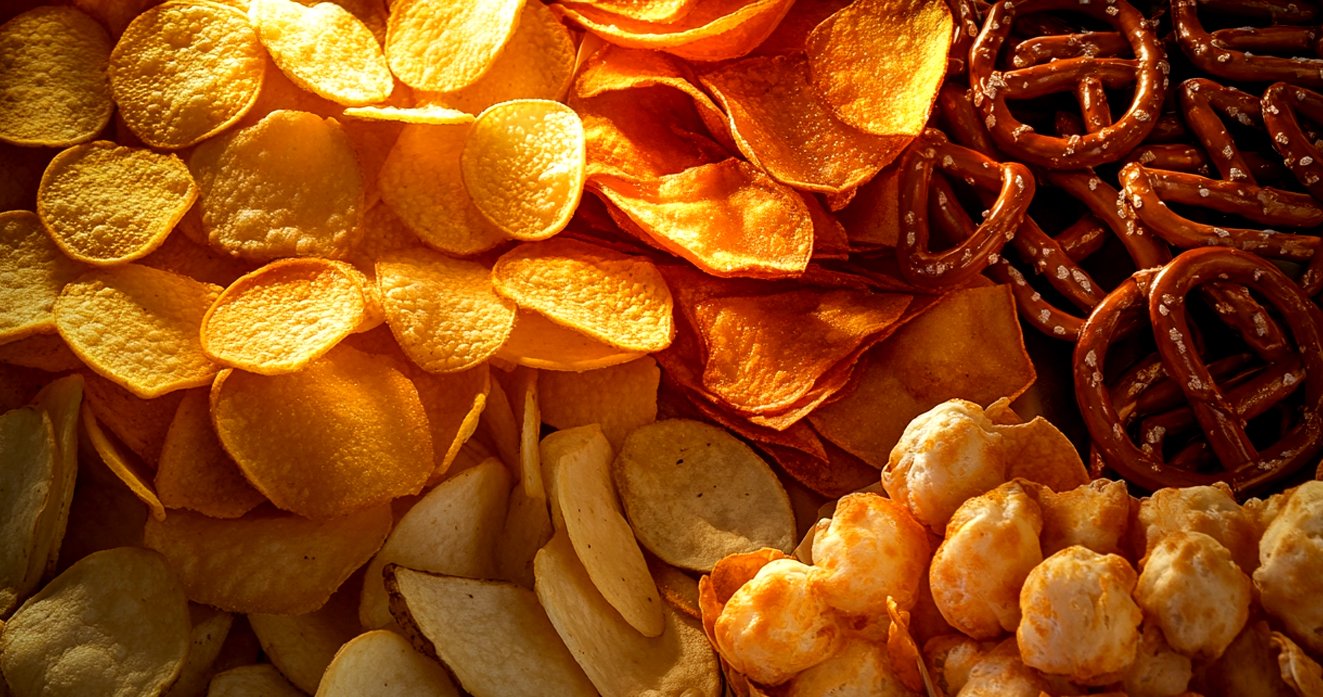
LOHVE IS
GLUTEN FREE
Making The Switch Is Easier Than Ever
And You’ll Love Yourself For It!
Over the past 30 years, the gluten content in processed foods has surged, contributing to various adverse reactions and chronic health issues in people worldwide. Embracing a gluten-free lifestyle could be the key to reclaiming your health and vitality.
Understanding Gluten and Its Impact on Health
The conversation around gluten and its effects on the body has grown louder in recent years. Whether you're addressing specific health concerns or pursuing a healthier lifestyle, understanding gluten is essential for making informed dietary choices. Let’s delve into what gluten is, how it impacts the body, and how you can enjoy a gluten-free life without sacrificing flavor or satisfaction.
What Is Gluten?
Gluten is a family of proteins found in wheat, barley, rye, and certain oats. It gives dough elasticity, helping it rise and maintain its structure—an essential property in many baked goods and processed foods. While gluten poses no immediate harm to many people, it can lead to severe health complications such as damage of the intestinal lining, leading to conditions like "leaky gut syndrome."
How Gluten Affects the Body
Impact on Thyroid Health
For individuals with autoimmune thyroid conditions like Hashimoto's thyroiditis or Graves' disease, consuming gluten can exacerbate inflammation, triggering an immune response that may damage the thyroid gland. This inflammation can manifest as fatigue, weight gain, depression, and other symptoms. Eliminating gluten can help reduce inflammation, protect the thyroid, and support overall wellness.
Inflammation and Intestinal Damage
For those with celiac disease or non-celiac gluten sensitivity, gluten consumption damages the intestinal lining, leading to conditions like "leaky gut syndrome." This damage hampers nutrient absorption, impacting overall health and potentially cross-reacting with thyroid tissue. Long-term effects can include nutrient deficiencies, digestive issues, and systemic inflammation.
Where Is Gluten Found?
Grains Containing Gluten
Wheat: Includes spelt, kamut, farro, and durum.
Barley: Found in malt, beer, soups, and food coloring.
Rye: Present in rye bread, rye beer, and some cereals.
Oats: Often cross-contaminated during processing with other gluten-containing grains.
Products Containing Gluten
Breads, pastas, and baked goods
Cereals, granolas, and crackers
Sauces, gravies, and soy sauce
Processed meats like sausages and deli slices
Beer and malt beverages
The Hidden Risks Of White Flour
White flour undergoes extensive processing, stripping it of most natural nutrients. Bleaching agents, such as chlorine dioxide, are often used, leaving behind potentially harmful residues. The refining process not only increases gluten content but also raises glycemic index levels, making white flour products a double-edged sword for health.

Explore Alternative Grains And Flours
Gluten-Free Grains
Amaranth: Rich in protein and nutrients.
Buckwheat: High in fiber and gluten-free despite its name.
Quinoa: A complete protein and nutrient powerhouse.
Rice: A versatile staple in many cuisines.
Corn: Used in tortillas, polenta, and more.
Gluten-Free Flours
Almond Flour: High in protein and healthy fats.
Coconut Flour: Adds fiber and subtle sweetness to recipes.
Chickpea Flour: Ideal for savory dishes, rich in protein.
Rice Flour: Great for gluten-free baking.
Tapioca Flour: Perfect for thickening and baking.

TRANSITION
TO GLUTEN FREE
How to Transition to a Gluten-Free Diet
Switching to a gluten-free lifestyle can feel overwhelming, but with the right approach, it’s entirely manageable:
Identify Gluten-Free Alternatives: Many stores now stock gluten-free versions of everyday staples like bread, pasta, and snacks.
Check Labels Carefully: Gluten can hide in unexpected places, such as sauces, dressings, and processed foods. Look for certified gluten-free labels.
Experiment with Recipes: Embrace cooking with alternative grains and flours to recreate your favorite dishes.
Plan Ahead: Dining out? Research gluten-free options or call ahead to ensure the restaurant can accommodate your needs.

ENJOY! :)
Understanding gluten and its effects, particularly on thyroid health, is crucial for anyone aiming to enhance their well-being. By removing gluten and embracing nutritious alternatives, you can reduce inflammation, improve nutrient absorption, and support overall health. A gluten-free lifestyle doesn't mean giving up the foods you love—it means discovering healthier, equally delicious versions of them. Take the step towards a vibrant, gluten-free life today!










